english language
Sixth Form
Students are given the opportunity to:
• develop their subject expertise by engaging creatively and critically with a wide range of texts and discourses.
• create texts and reflect critically on their own processes of production, while analysing the texts produced by others.
• explore the study of English language both as a medium of communication and as a topic in its own right, with an emphasis on the ability of students to pursue lines of enquiry, debate
different views, and work independently to research aspects of language in action
• see language as a creative tool for expression and social connection, as well as for individual cognition.
What is involved?
Students are introduced to the study of English in its various forms and contexts, with the concepts and methods appropriate for the analysis of language underpinning all elements of the course. They are offered clear skills progression from GCSE, allowing students to build on the skills already gained and prepare for their next steps.
Students are offered a variety of assessment styles used, such as data analysis, discursive essays, directed writing, original writing and research-based investigative writing, allowing them to develop a wide range of skills.
Why is it a useful qualification?
A level English Language is an extremely useful and academic qualification, both for further study in Language or Linguistics and also as a general qualification for other career paths. It combines both creativity and analysis and will provide students with the real world skills needed to succeed after school.
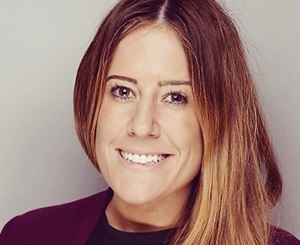
Ms Kayleigh Trotman
Head of English
Graduating from the University of Reading in 2008 with a BA (Hons) in English and History, Kayleigh completed Journalism training in London where she interned for both The BBC and Bauer Media.
Where Are Our Students Now?
-
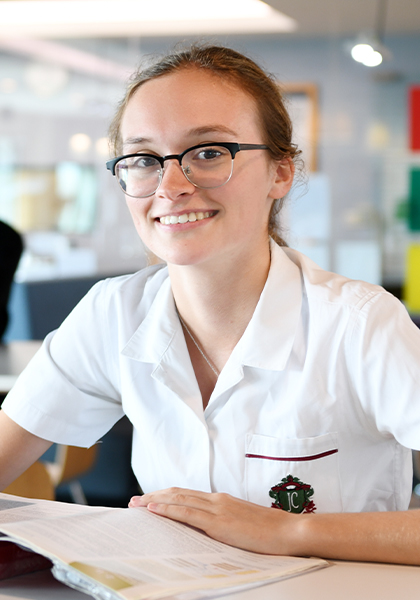
Amber Waite
University of Oxford - Neuroscience
-
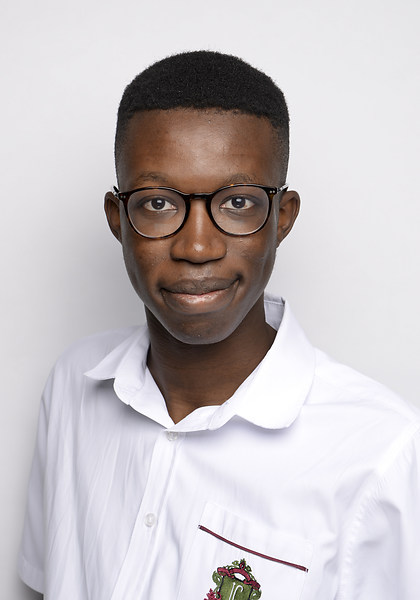
Kazal Oshodi
4 A*
University of Cambridge - Engineering
-
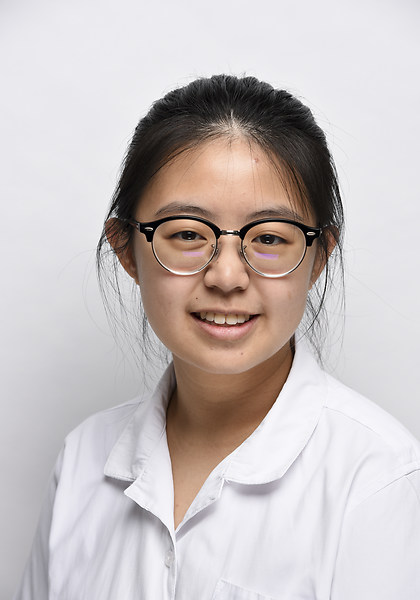
Wen Qi Saw
4 A*
Durham University – Natural Sciences
-
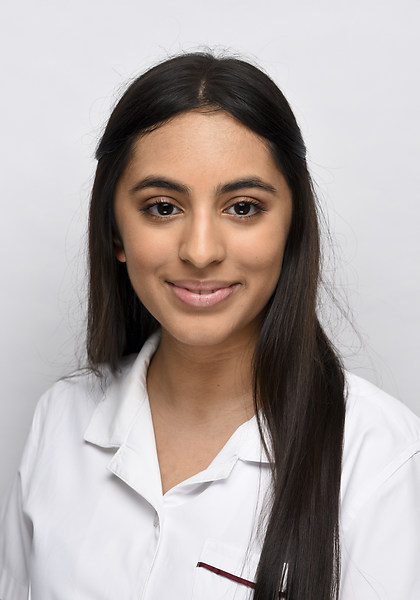
Aashna Acharya
3 A*
University College London - Psychology
-

Syed Musa Askari
3 A*
Kings College - Law
-

Amir Girgis
4 A* & 1 A
Georgia Institute of Technology – Computing
-

Antoine De Mascarel
3 A* & 1 A
École Polytechnique – Engineering and Economics
-
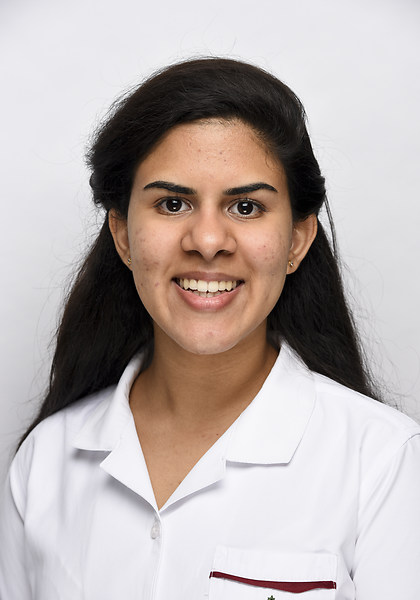
Ebani Dhawan
3 A* & 1 A
University College London – Arts and Sciences
-

Scott Shepherd
3 A* & 1 A
University of Cambridge – Asian and Middle Eastern Studies
-
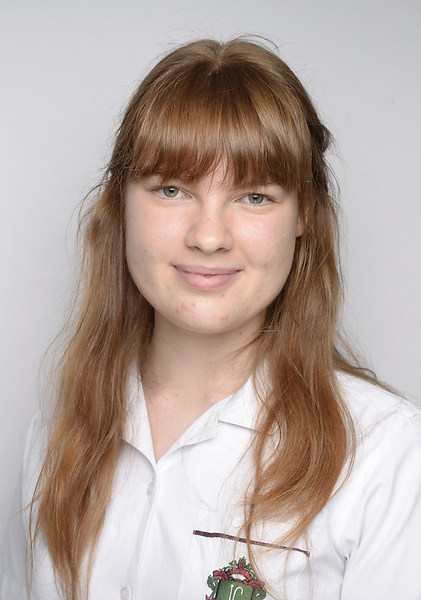
Kathryn Dey
2 A* & 1 A
Queens University Belfast – Medicine
-

Jade Gavigan
2 A* & 1 A
Durham University – Geography
-
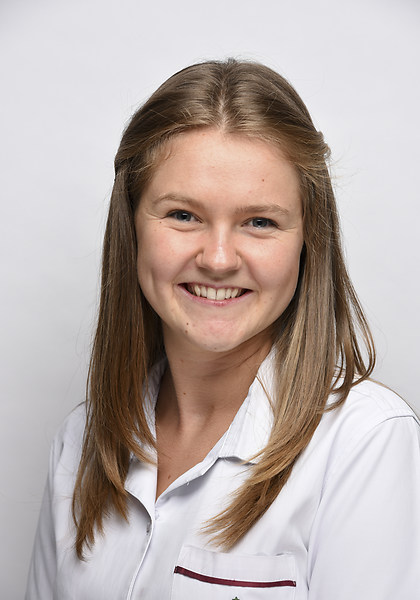
Olivia Green
2 A* & 1 A
York University – Social and Political Science
-
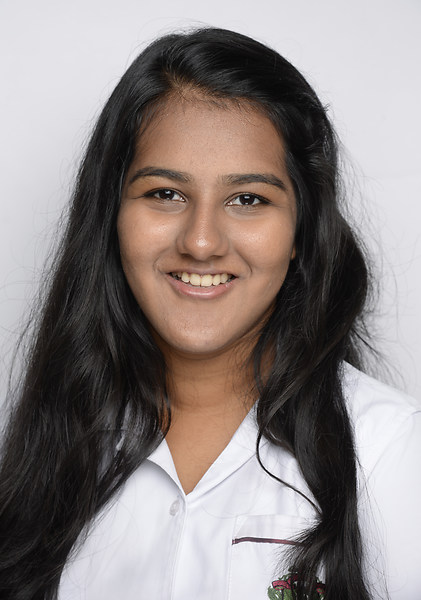
Aakanksha Mehta
2 A* & 1 A
Northeastern University (USA) – Economics
-
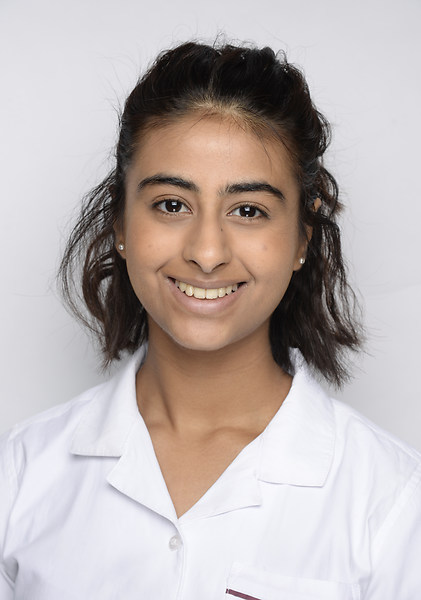
Rhea Raj
2 A* & 1 A
St Georges University (Grenada) - Medicine
-
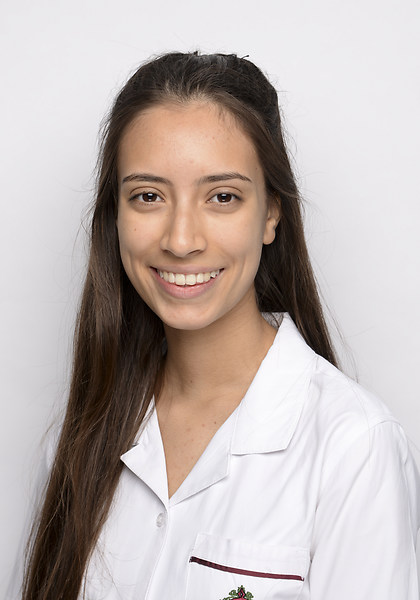
Sita Williams
2 A* & 1 A
University of Bristol - Maths
Explore Our Subjects
-
Art and Design
The A-Level Art and Design course has been designed to encourage an adventurous and enquiring approach to art and design. -
Biology
An A level qualification in Biology could prepare you to study Biology or Biological Sciences in further or higher education. -
Business Studies
The aim of the Business Studies A Level course is to give students the skills and ability to launch their own business. -
Chemistry
The study of A level Chemistry should be a practical experience for students. This course contains practical activities... -
Computer Science
Computer Science is a practical subject where students can apply the academic principles learned in the classroom to real-world systems. -
Drama and Theatre Studies
The Drama and Theatre Studies course provides the opportunity to study a range of play texts, theatrical practitioners... -
Economics
A level Economics aims to impart an appreciation of the significance of economics in interpreting current affairs. -
English Language
Students are introduced to the study of English in its various forms and contexts, with the concepts and methods... -
English Literature
During Key Stage 2, students start to rationalise and think independently -
Further Maths
Students who have gained grade 8/9 at GCSE Mathematics and completed the GCSE Further Mathematics... -
Geography
The new AQA A-Level specification is available for teaching from 2016 and will be first examined in 2018. -
History
As in GCSE History, you will learn by using a variety of techniques, from structured written responses... -
Information Technology
In a world where Information Technology (IT) is constantly changing, individuals increasingly need technological and information literacy skills... -
Inclusion
Jumeirah College has a team dedicated to help students with their transition to A Levels. -
Mathematics
The Advanced GCE course in Mathematics aims to build on students’ knowledge from GCSE Mathematics. -
Media Studies
Through studying Media Studies students will view, evaluate and analyse a variety of media products, and develop practical skills spanning a range of media forms. -
Music
A Level Music from Edexcel aims to deliver a rounded course where students continue to expand their knowledge... -
Photography
The course aims to develop understanding of a wide range of photographic approaches. -
Physical Education
This course aims to enhance a student’s knowledge and understanding of the factors which affect performance and participation in Sport and Physical Education. -
Physics
To teach students the skills of debate, research, arguing a case and to provide them with greater political and global awareness. -
Product Design
This course has been designed to encourage pupils to take a broad view of design and technology. -
Psychology
Why do we feel, think and behave the way we do? Psychology looks at such questions by studying the human mind and behaviour.
